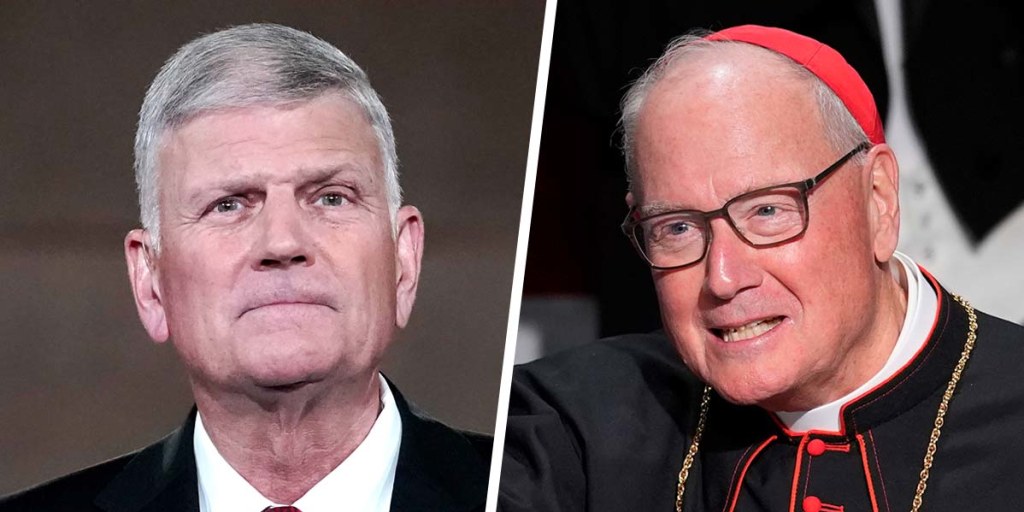Pulpits of Complicity: How Religious Leaders Are Enabling Trump's Deportation Agenda

In a surprising turn of events, religious leaders who have ardently supported Donald Trump may be facing unexpected consequences that extend far beyond their initial political alignment. What began as a passionate endorsement of Trump's "Make America Great Again" movement has evolved into a complex moral and political quandary that challenges the very foundations of their religious principles.
Many evangelical and conservative clergy members who enthusiastically backed Trump's presidential campaigns are now finding themselves at a critical crossroads. The former president's legal challenges, controversial statements, and increasingly divisive rhetoric have created a profound dilemma for religious figures who once viewed him as a political savior.
These religious leaders are discovering that their unwavering support comes with significant moral and professional risks. The alignment with Trump has not only fractured congregations but has also raised serious questions about the integrity of religious leadership and the boundaries between political advocacy and spiritual guidance.
As investigations and legal proceedings continue to unfold, many clergy members are reassessing their initial support, recognizing that their political allegiance may have compromised their spiritual credibility. The potential long-term damage to their religious institutions and personal reputations is becoming increasingly apparent.
The situation serves as a stark reminder that political endorsements can have far-reaching and often unforeseen consequences, especially when religious leaders choose to intertwine faith with partisan politics.

